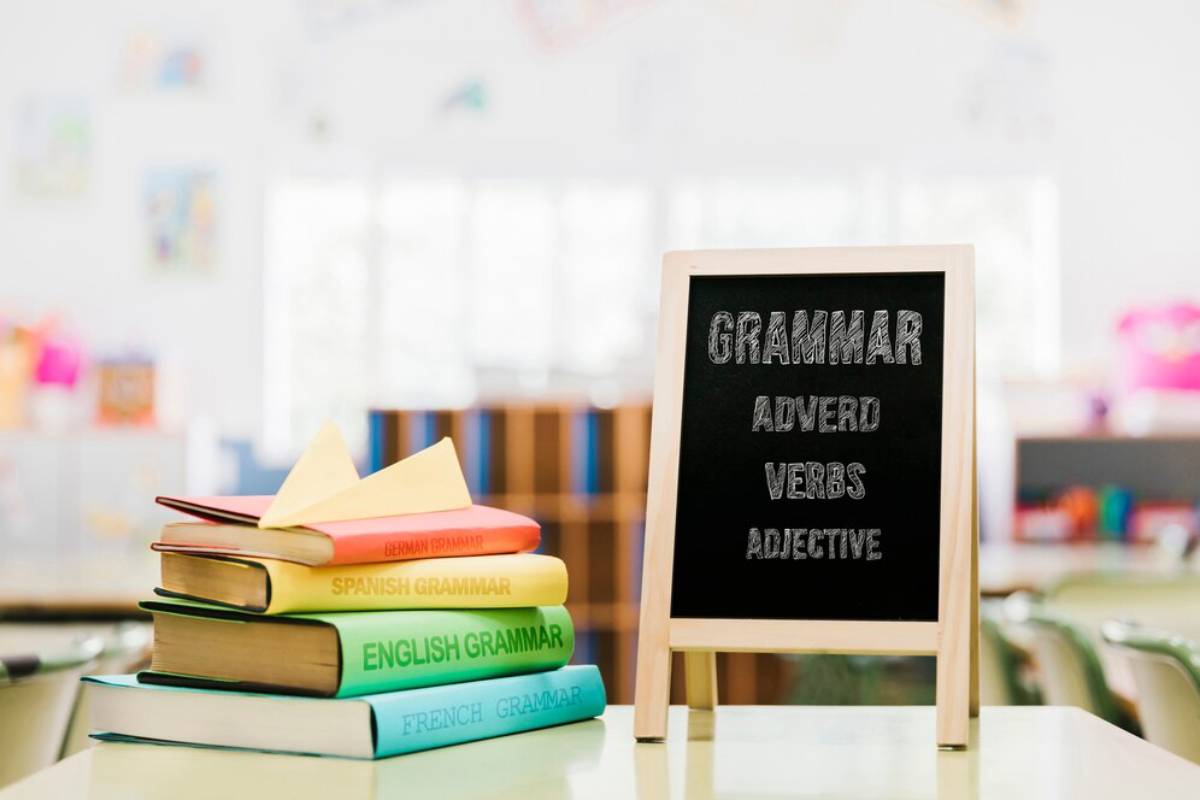
How Music Can Skyrocket Your Language Skills
You probably remember song lyrics from years ago — even ones you haven’t heard in ages.
That’s the power of music.
When it comes to language learning, music is more than background noise. It’s a fun, emotional, and deeply effective way to boost your vocabulary, improve pronunciation, and absorb grammar without even realising it.
This article shows how you can learn a language with music, why it works, and how to use it in simple ways every day — even if you don’t sing or play an instrument.
Why Music Helps You Learn Faster
1. Songs stick in your memory
Music uses rhythm, melody, and repetition — all things that help your brain remember. When you hear a word in a song, it often stays with you longer than if you’d read it on a page.
2. You hear the real pronunciation
Songs are performed by native speakers. You’ll get used to the natural sounds, accents, and flow of the language — even if you don’t understand every word.
3. Grammar and sentence patterns sink in
Many songs use useful grammar structures. Over time, these patterns start to feel familiar, and you can use them when you speak or write.
Benefits of Music Immersion Learning
- Improves listening skills without feeling like work
- Boosts vocabulary through repeated exposure
- Strengthens pronunciation by mimicking how singers say words
- Builds confidence as you start to sing along or understand lyrics
- Connects you emotionally to the language, culture, and meaning
And let’s be honest — it’s fun. It doesn’t feel like studying.
Start Learning a Language with Music

You don’t need a plan. You just need to listen and enjoy — with a few smart habits.
Pick the Right Songs
Start with:
- Slower songs (ballads are great for beginners)
- Clear vocals (avoid heavy autotune or fast rap early on)
- Songs you enjoy — you’ll listen more if you like them
Try different genres — pop, rock, folk, or children’s music. Pick what feels good to your ears.
Listen Actively
Don’t just play a song once and move on. Use it as a mini-lesson.
- Listen once for fun
- Listen again while reading the lyrics
- Highlight new words
- Look up what they mean
- Listen again, focusing on meaning
Repeat this a few times over a few days. You’ll be surprised how much you pick up.
Sing Along
You don’t have to be good at singing. That’s not the point.
Singing helps you:
- Get used to the sound and rhythm
- Train your mouth to move the right way
- Learn to speak smoothly and naturally
Even if you’re shy, try singing softly or mouthing the words. It works.
Build a Learning Playlist
Create a special playlist just for language learning. Organise it by mood, grammar focus, or speed. Add songs you want to revisit regularly.
A good playlist might include:
- 5–10 songs with clear pronunciation
- A mix of fast and slow tempos
- Some songs that match topics you’re studying (food, travel, emotions)
Use this playlist during walks, commutes, or even while cooking.
Keep a Music Journal
Write down:
- Song titles and artists
- New words you find
- Translations or notes
- Sentences using new phrases from songs
You don’t need perfect grammar — just jot your thoughts. It helps you reflect and review.
Learning Techniques for Music-Based Study
1. Lyrics Training
This is a popular tool where you fill in missing lyrics while the song plays. It’s fun, fast, and helps your listening improve quickly.
2. Cloze Activities
Write down the lyrics of a short song — but leave blanks for some words. Fill them in as you listen. Great for focused listening and spelling.
3. Translate the Lyrics
Choose a short song and translate the lines yourself. Compare with official or fan translations after. This builds vocabulary and grammar awareness.
What Languages Work Best with Music?

Almost all languages have great music you can learn from. Some popular options for learners include:
- Spanish – Reggaeton, pop, traditional
- French – Chanson, pop, indie
- German – Rock, folk, acoustic
- Korean – K-pop with built-in fan translations
- Japanese – J-pop, anime soundtracks
- Italian – Pop ballads, opera, classics
- Arabic – Classical, pop, folk
Explore Spotify, YouTube, or local radio stations online.
Real-Life Example: How Elina Learned Portuguese Through Music
Elina, 24, wanted to learn Portuguese but didn’t have time for formal classes.
She started with a few Brazilian songs she loved — mostly bossa nova and pop. She found the lyrics online, listened on repeat, and sang softly while doing chores.
Today, she says music is still her favourite way to keep the language fresh.
Stay Consistent
- Start with one new song per week
- Repeat songs often — repetition builds memory
- Mix new songs with old favourites
- Set a small weekly goal (e.g. learn 5 new words from music)
- Don’t overthink it — let the rhythm do the work
Common Mistakes to Avoid
- Choosing songs with hard slang early on — Save those for later
- Trying to understand everything at once — Focus on what you can catch
- Ignoring lyrics — They’re a goldmine for vocabulary
- Stopping if you don’t “get it” immediately — Language is learned in layers
Conclusion: Let Music Be Your Teacher
Learning a language doesn’t have to be all books and grammar rules.
Music brings emotion, memory, and rhythm into the process. It helps you absorb vocabulary naturally, improve pronunciation, and enjoy the language as it’s used in real life.
So plug in your headphones. Pick a song. Listen. Sing. Repeat.
You’ll be surprised how far a few songs can take you.


